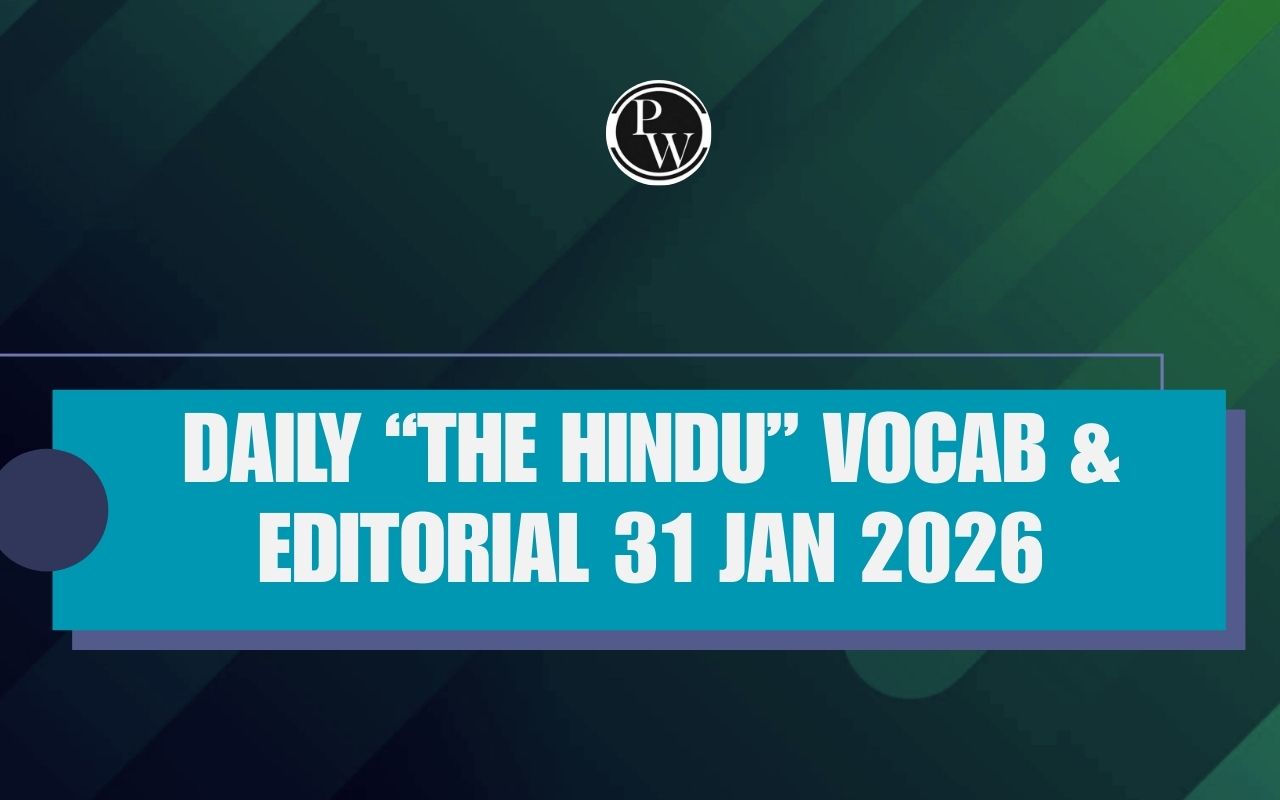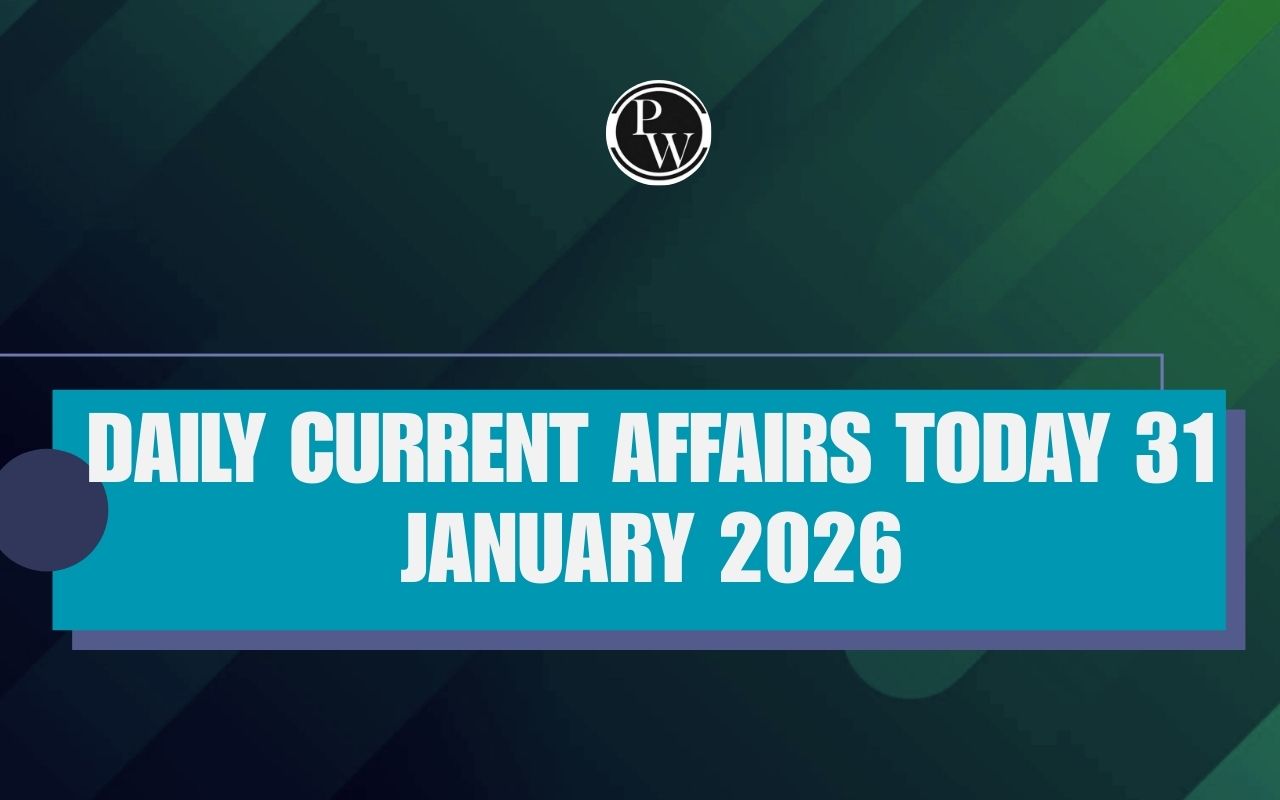
Countries and Their Parliaments: In the heart of history's embrace stands the Althing, an ancient sanctuary of democratic discourse, weathered by time yet persistent in its purpose. Established on Icelandic soil in 930, it remains an indomitable testament to the enduring spirit of governance, echoing through the ages to the present day.
For those charting the course towards the halls of public service, the compendium of Countries and their Parliament List unfurls as a vital map in the terrain of competitive examinations 2025. Aspiring minds must keep pace with this roster, for within its pages lie the potential questions that may arise in General Awareness.
During the preliminary trials orchestrated by the UPSC, queries may cascade about nations and their legislative sanctuaries. Thus, candidates can go through the list of countries and parliaments.
Countries and Their Parliaments
Countries and Their Parliaments is a captivating exploration into the diverse legislative bodies that shape the political landscapes of nations worldwide. These parliaments serve as the epicenters of governance, where elected representatives deliberate, legislate, and advocate on behalf of their constituents.
From the historic chambers of Iceland's Althing to the bustling halls of China's National People's Congress, each parliament embodies the distinctive character and democratic ideals of its respective country. This journey unveils a tapestry of political traditions, procedural nuances, and intriguing facts that underscore the essence of modern governance on a global scale. Join us as we embark on an enlightening voyage through the dynamic world of countries and their parliaments.
What is Parliament?
In the realm of governance, a parliament stands as the cornerstone of legislative authority, tasked with representing the electorate, enacting laws, and providing oversight through meticulous hearings and inquiries. Originating from the Anglo-Norman lexicon in the 14th century, the term "Parliament" carries with it a weight of historical significance, symbolizing the enduring institution of democratic decision-making.
Legislatures worldwide adopt one of two fundamental structures: the singular chamber of the Unicameral or the dual chambers of the Bicameral. India's distinguished legislature exemplifies the latter, comprising the Lok Sabha and the Rajya Sabha, both pivotal in shaping the nation's legislative landscape and policy direction.
List of Countries and Parliaments
Candidates can go through the List of Countries and Their Parliaments from the below table for their competetive examination 2025:
| List of Countries and Their Parliaments | ||
| Country | Capital | Parliament |
| Afghanistan | Kabul | Shora |
| Albania | Tirana | People’s Assembly |
| Algeria | Algiers | National People’s Assembly |
| Andorra | Andorra La Vella | General Council |
| Angola | Luanda | National People’s Assembly |
| Argentina | Buenos Aires | National Congress |
| Australia | Canberra | Federal Parliament |
| Austria | Vienna | National Assembly |
| Azerbaijan | Baku | Melli Majlis |
| Bahamas | Nassau | General Assembly |
| Bahrain | Manama | Consultative Council |
| Bangladesh | Dhaka | Jatia Parliament |
| Belize | Belmopan | National Assembly |
| Bhutan | Thimphu | Tsogdu |
| Bolivia | Sucre | National Congress |
| Botswana | Gaborone | National Assembly |
| Brazil | Brasilia | National Congress |
| Britain | London | Parliament (House Of Commons And House Of Lords) |
| Brunei | Bandar Seri Begawan | National Assembly |
| Bulgaria | Sofia | Narodno Sabranie |
| Cambodia | Phnom Penh | National Assembly |
| Canada | Ottawa | Parliament |
| China | Beijing | National People’s Assembly |
| Colombia | Bogota | Congress |
| Comoros | Moroni | Legislative Council And Senate |
| Costa Rice | San Jose | Legislative Council And Senate |
| Croatia | Zagreb | Sabor |
| Cuba | Havana | National Assembly Of People’s Power |
| Denmark | Copenhagen | Folketing |
| East Timor | Dili | Constituent Assembly |
| Ecuador | Quito | National Congress |
| Egypt | Cairo | People’s Assembly |
| El Salvador | San Salvador | Legislative Assembly |
| Ethiopia | Addis Ababa | Federal Council And House Of Representative |
| Fiji Islands | Suva | Senate & House Of Representative |
| Finland | Helsinki | Eduskusta (Parliament) |
| France | Paris | National Assembly |
| Germany | Berlin | Bundestag (Lower House) & Bundesrat (Upper House) |
| Great Britain | London | Parliament |
| Greece | Athens | Chamber Of Deputies |
| Guyana | Georgetown | National Assembly |
| Hungary | Budapest | National Assembly |
| Iceland | Reykjavik | Althing |
| India | New Delhi | Sansad |
| Indonesia | Jakarta | People’s Consultative Assembly |
| Iran | Tehran | Majlis |
| Iraq | Baghdad | National Assembly |
| Ireland | Dublin | Oireachtas |
| Israel | Jerusalem | The Knesset |
| Italy | Rome | Chamber Of Deputies And Senate |
| Japan | Tokyo | Diet |
| Jordan | Amman | National Assembly |
| Korea (North) | Pyongyang | Supreme People’s Assembly |
| Korea (South) | Seoul | National Assembly |
| Kuwait | Kuwait City | National Assembly |
| Lebanon | Beirut | National Assembly |
| Laos | Vientiane | People’s Supreme Assembly |
| Latvia | Riga | Saeima |
| Lesotho | Maseru | National Assembly And Senate |
| Libya | Tripoli | General People’s Congress |
| Lithuania | Vilnius | Seimas |
| Luxembourg | Luxembourg | Chamber Of Deputies |
| Madagascar | Antananarivo | National People’s Assembly |
| Malaysia | Kuala Lumpur | Majilis |
| Maldives | Male | Majilis |
| Mongolia | Ulaanbaatar | Great People’s Khural |
| Montenegro | Podgorica | Federal Assembly |
| Mozambique | Maputo | People’s Assembly |
| Myanmar | Naypyidaw | Pyithu Hluttaw |
| Nepal | Kathmandu | Federal Parliament of Nepal |
| Netherlands | Amsterdam | States-General (Staten-General) |
| New Zealand | Wellington | Parliament (House Of Representatives) |
| Norway | Oslo | Storting |
| Oman | Muscat | Monarchy |
| Pakistan | Islamabad | National Assembly & Senate |
| Papua New Guinea | Port Moresby | National Parliament |
| Paraguay | Asuncion | Senate & Chamber Of Deputies |
| Philippines | Manila | The Congress |
| Poland | Warsaw | Sejm |
| Romania | Bucharest | Great National Assembly |
| Russia | Moscow | Duma & Federal Council |
| Saudi Arabia | Riyadh | Majlis Al-Shura |
| South Africa | Pretoria | Parliament |
| Spain | Madrid | Crotes |
| Taiwan | Taipei | Yuan |
| Turkey | Ankara | Grand National Assembly |
| Uruguay | Montevideo | General Assembly |
| USA | Washington D.C. | Congress |
| Uzbekistan | Tashkent | Oliy Majlis |
| Vietnam | Hanoi | National Assembly |
| Zambia | Lusaka | National Assembly |
Parliament of India
The Indian Parliament stands on a tripod, comprising the Rajya Sabha, Lok Sabha, and the esteemed President of India. Often referred to as the "People's House," it is the veritable voice of the Indian populace. Despite the President's absence from either house, their role is pivotal within the Parliament, bearing specific duties and responsibilities. Initially designed for a maximum of 552 members, the House now houses 543 seats, each filled through elections.
The Rajya Sabha, a fixture of the Upper House, enjoys a permanent status and remains impervious to dissolution. In a cyclic rhythm, one-third of its members gracefully retire every two years, making way for newly elected counterparts. Each member's tenure spans six years, while the Vice President of India presides as the ex-officio Chairman.
The Rajya Sabha can accommodate up to 250 members, with the President nominating an additional 12 based on meritorious contributions in literature, art, science, and social service, resulting in a current total of 245 members.
In contrast, the Lok Sabha, the bedrock of India's lower House, thrives as a singular legislative body elected directly by the public, embodying the principle of universal adult suffrage. Comprising 550 members, 530 are directly elected from states, and an additional 20 represent Union Territories.
Historically, two seats in the Lok Sabha were reserved for members of the Anglo-Indian community, a practice that ceased with the 104th Constitutional Amendment Act. The extension of this reservation until 2020 was sanctioned by the 95th Amendment in 2009, a provision originally slated for culmination in 1960.
Countries and Their Parliaments Important Facts
- The Althing in Iceland, established in 930 AD, holds the distinction of being the oldest parliament in the world, predating many modern nations by centuries.
- Denmark boasts a unicameral legislature known as the Folketing, distinguishing it as one of the few countries worldwide with a single-chamber parliament.
- In India, the President has the authority to convene a joint session of both houses of Parliament in case of a deadlock, underscoring the nation's commitment to resolving critical issues.
- China's National People's Congress stands as the largest parliamentary body globally, comprising over 2,900 members.
- Sweden's Riksdag achieved a historic milestone in 2014 by becoming the world's first completely paperless parliament, showcasing a resolute dedication to environmental sustainability.
- The UK's Parliament convenes within the iconic Palace of Westminster, a sprawling edifice housing more than 1,000 rooms, sprawled across eight acres along the River Thames.
- South Africa's parliament conducts its proceedings in four official languages: English, Afrikaans, Zulu, and Sesotho.
- Rwanda's parliament is lauded for its exceptional gender equality, with women holding over 60% of the seats, marking one of the highest percentages of female representation worldwide.
- Within Australia's Parliament House lies the discreet "Queen's Terrace Cafe," a private space designated for the Queen's dining when she visits.
- Vatican City, the world's smallest independent state, possesses its distinctive parliamentary body, the Pontifical Commission for Vatican City State.
- Mongolia, renowned for its nomadic heritage, embraces a unique parliamentary system called the Great Khural, inspired by traditional tribal councils.
- The Netherlands hosts one of the world's most technologically advanced parliaments, where members engage in debates and voting through electronic devices.
- Japan's National Diet often aligns its sessions with the country's cherry blossom season, symbolizing renewal and the commencement of a new political era.
- Bolivia's capital city, La Paz, situated at an altitude of over 3,600 meters (11,800 feet), stands as the highest capital city globally.
- Malaysia's Parliament House in Kuala Lumpur is ingeniously constructed on a 16-acre artificial island, showcasing remarkable feats of architectural engineering.
Countries And Their Parliaments FAQs
How many countries have a bicameral or unicameral parliament?
Which country boasts the largest parliament globally?
What is the official name of China's parliament?
What is the title of Japan's parliament?
Are there any unique or interesting features about certain countries' parliaments?










